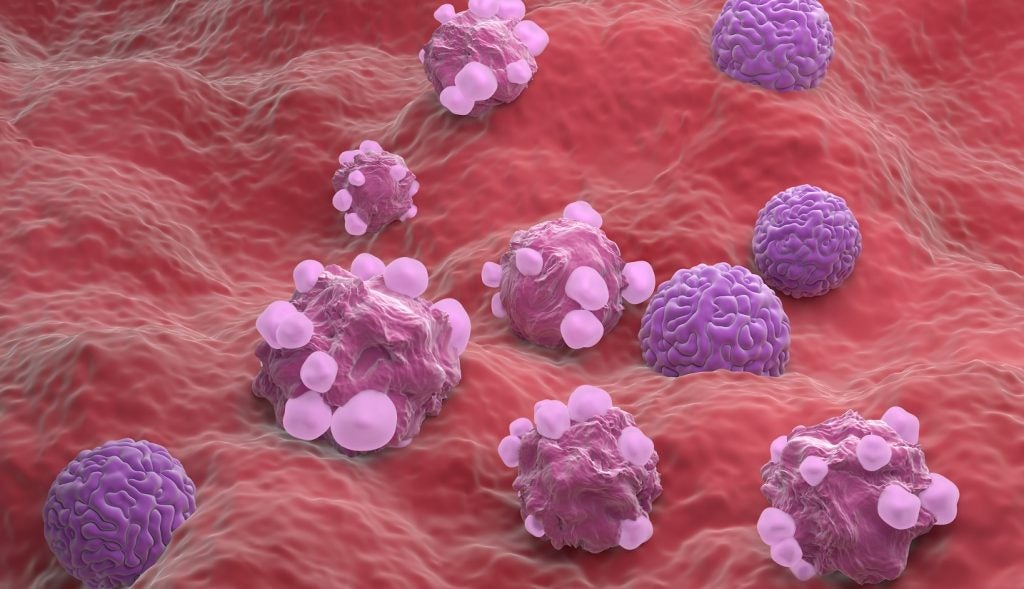Rgenta Therapeutics has secured approval for its investigational new drug (IND) application for RGT-61159, an oral small molecule RNA modulator, to treat a range of cancers.
The approval from the US Food and Drug Administration (FDA) will allow the company to start its first-in-human Phase Ia/Ib clinical trial of the therapy.
RGT-61159 is being developed to treat adenoid cystic carcinoma (ACC), colorectal cancer (CRC), acute myeloid leukemia (AML) and other solid tumours.
It targets RNA splicing to inhibit the production of the oncogenic MYB protein. This inhibition could stop the proliferation, or induce the death, of cancer cells that overexpress MYB.
The aberrant expression of MYB is a common factor in human cancers such as ACC, AML and CRC.
Rgenta co-founder and CEO Simon Xi said: “Clearance of our first IND application is a significant milestone in Rgenta's mission to develop oral, small molecule RNA-targeting medicines to treat previously incurable diseases.
“We look forward to initiating clinical studies of RGT-61159 with a first-in-human Phase1a/1b clinical study in adults with ACC and CRC to potentially provide a new therapeutic option for patients with these difficult-to-treat cancers.”
ACC, although rare, is a significant concern due to its aggressive nature and tendency to spread to distant sites.
RGT-61159's potential to inhibit MYB production offers hope for treating this and other challenging forms of cancer.
Rgenta co-founder, president and chief scientific officer Travis Wager stated: “Development of small molecule drugs targeting oncogenic drivers such as MYB, has proven challenging in the past.
“RGT-61159 demonstrates potent inhibition of oncogenic MYB protein production and significant inhibition of tumour growth at tolerated doses in preclinical models of ACC and other cancers, and we are excited to move this novel therapeutic into clinical evaluation.”















